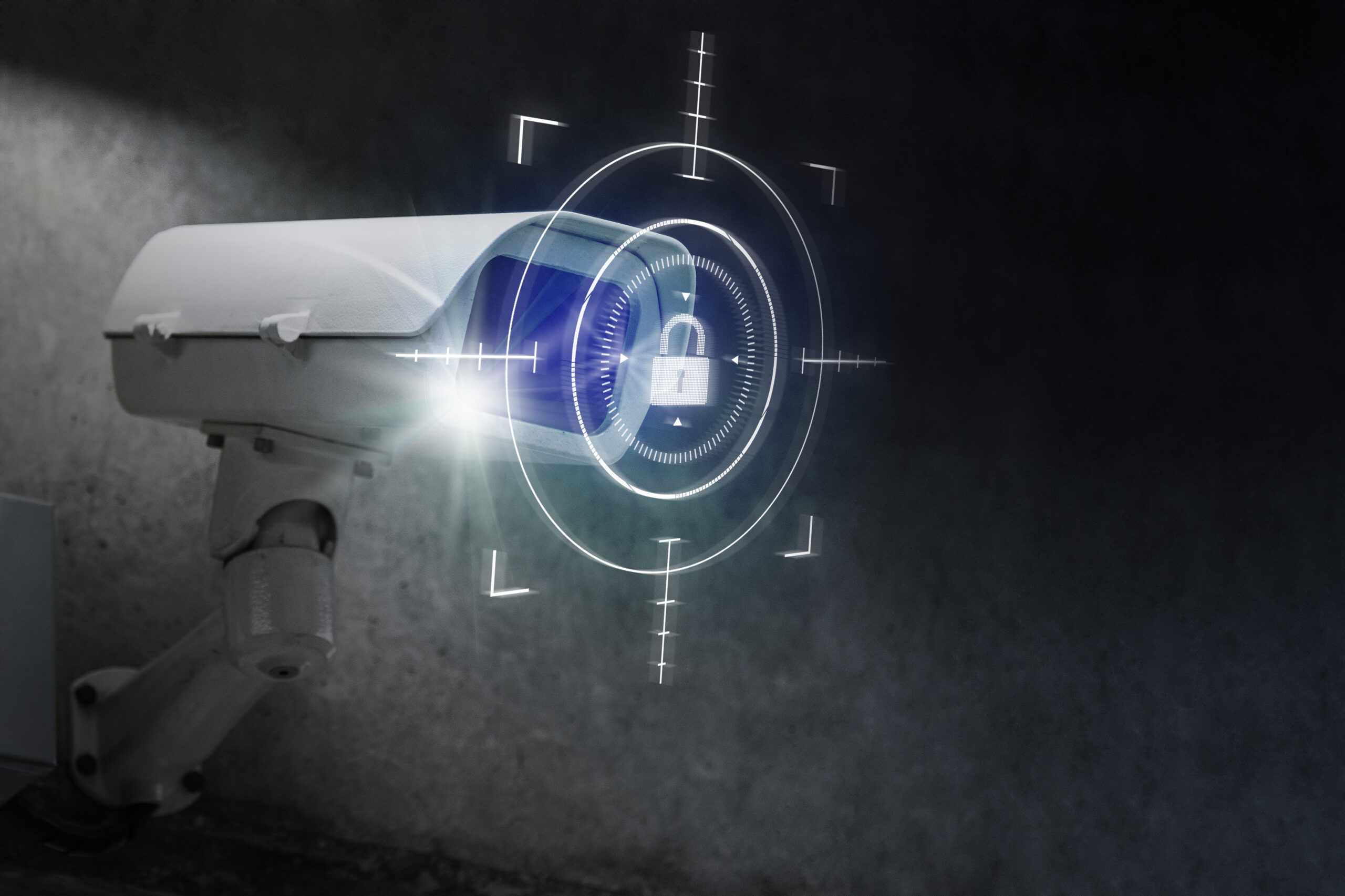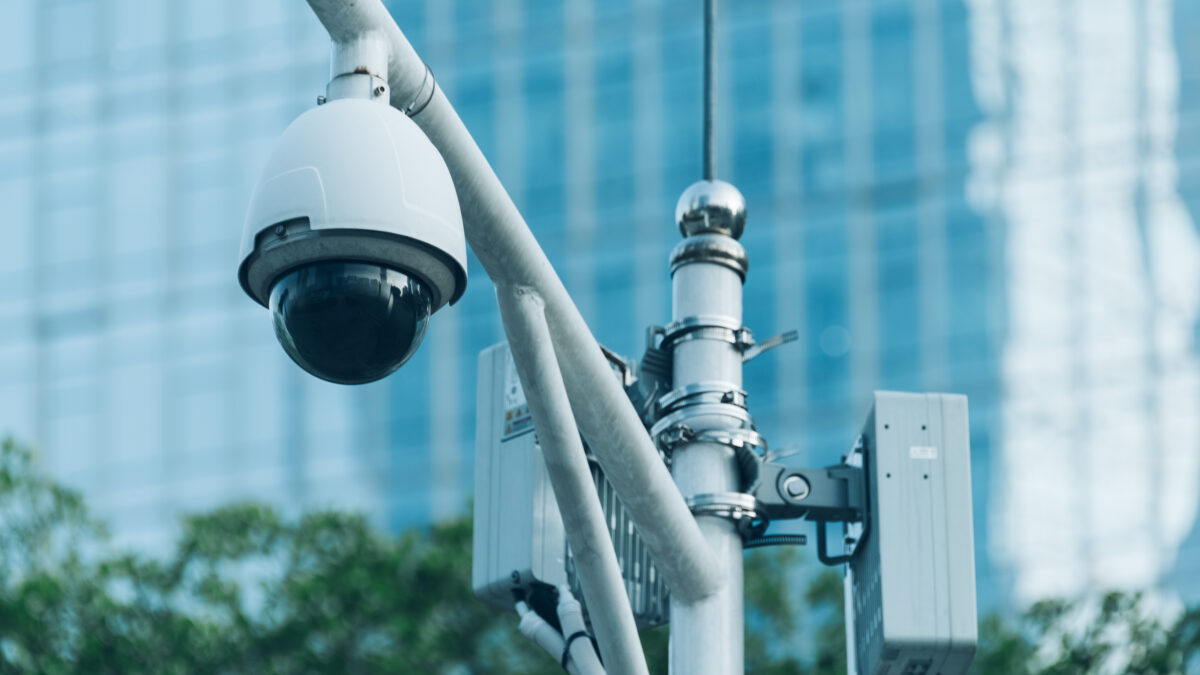Introduction-
The incorporation of a CCTV system in businesses today has become indispensable. With a growing necessity for comprehensive security measures, business owners can find peace of mind through the installation of a potent CCTV service. This guide aims to assert the importance of CCTV in your business and provide an in-depth examination of the numerous factors entailed in selecting, installing, and maintaining the ideal CCTV service for your business security needs.
Investing in CCTV for your business involves more than just a financial decision, it also underscores a commitment to safety, security, and orderliness. CCTV systems today provide numerous benefits including theft prevention and valuable evidence collection for insurance claims and legal matters. Furthermore, these systems play a pivotal role in ensuring employee safety, managing crowds, and enabling a smooth flow of operations.
To reinforce the need for CCTVs in your business, let’s take a look at crime statistics in Australia. In 2019, retail stores alone reported over 50,000 instances of shoplifting. Such real-world instances affirm the importance of ensuring adequate security within your premises.
Understanding Different Types of CCTV Systems-
CCTV systems come in a variety of types, primarily categorised into analog, HD, and IP cameras. Analog cameras are traditional CCTV systems that employ coaxial cables to transmit video footage. While they can be relatively inexpensive, they offer lower resolution compared to their digital counterparts.
HD cameras, on the other hand, display sharper images with more detail than analog cameras. However, they are not without their drawbacks; they require significant storage space and can be quite expensive.
IP cameras are the most technologically advanced of the lot. They provide high-quality footage and offer the convenience of remote accessibility. But, like HD cameras, they are relatively expensive and require significant storage provisions.
These systems also offer various options for storage, main ones being DVR (Digital Video Recorder), NVR (Network Video Recorder), and Cloud storage. While DVR and NVR store data locally and require manual backups, cloud storage is a modern solution that provides scalable space and automatic backups. However, it entails ongoing costs and relies on stable internet connectivity.

Key Considerations When Choosing a CCTV Service-
When choosing a CCTV service, it all boils down to a numbers game. Factors like resolution, field of view, and night vision play pivotal roles in determining the effectiveness of your CCTV system. High resolution can provide crisp, clear images that offer precise detail, making it easier to identify faces or specific actions.
The quality of night vision is equally crucial, especially when it comes to monitoring outdoor locations. A wider field of view allows larger areas to be captured by a single camera. However, this often results in lower pixel density, which risks compromising the image quality.
The installation process is also integral. While wired systems are generally more reliable, wireless systems offer flexibility of installation. It’s crucial to choose a system satisfying your unique business needs and locale.
Your Budget and CCTV Services-
Understanding your budget when choosing CCTV services is crucial. The costs of a CCTV system are broken down into several components, comprising the equipment and installation charges – both initial and ongoing costs like maintenance and cloud storage.
While high-end cameras can increase your initial costs, they often reduce the need for multiple cameras due to their superior functionality. Installation charges can vary depending on whether you opt for wired or wireless systems, with the former usually being more expensive.
Ongoing costs encompass maintenance chrages, which are vital for ensuring the system’s longevity and efficiency. Cloud storage prices can also add significant costs over time but offer enhanced reliability and accessibility of your data.
Choosing the Right CCTV Supplier-
Every business is unique, and so are their needs. When choosing a CCTV supplier, it is crucial to choose a provider who understands your unique security needs. Verify the supplier’s reputation and peruse customer reviews to ascertain their reliability and credibility.
Companies that specialise in small business security might be a good fit if you operate a smaller enterprise. Consider their track record of dealing with businesses similar to yours.
Training and support are other critical aspects to consider. No matter how superior the system, if it fails and the personnel are untrained to respond, the system can become useless. So, consider what after-sale support is being offered by your potential supplier.
A Guide to Installing CCTV in Your Business-
When it comes to installing CCTV in your business, it’s important to observe Australian privacy laws that impose certain restrictions on where cameras can be placed. Unlawful use of CCTV could lead to legal ramifications, making it crucial to research these laws or consult with an experienced CCTV service provider.
Choosing the right placement for your CCTV cameras can greatly enhance their efficacy. High-traffic areas, entries and exits, cash registers, and critical storage areas are some of the locations to consider.
Maintaining Your CCTV System: Crucial Steps for Longevity-
Like any other technology, CCTV systems require regular maintenance to ensure their longevity. This includes hardware checks to make sure cameras are properly focused, clean, and free of obstructions.
Similarly, software updates are crucial to fix any bugs, improve system performance, and add new features, if any. Regularly updating your CCTV system’s software can greatly enhance its reliability and functionality over time.
Conclusion-
There’s a lot to consider when selecting and installing a CCTV system for your business. However, equipping yourself with the right knowledge can simplify the decision-making process. Understanding the types of CCTV systems available, identifying key considerations when choosing a system, realizing the financial implications, and being aware of the installation process and maintenance are all critical steps on the journey to equipping your enterprise with the ideal CCTV security system.


